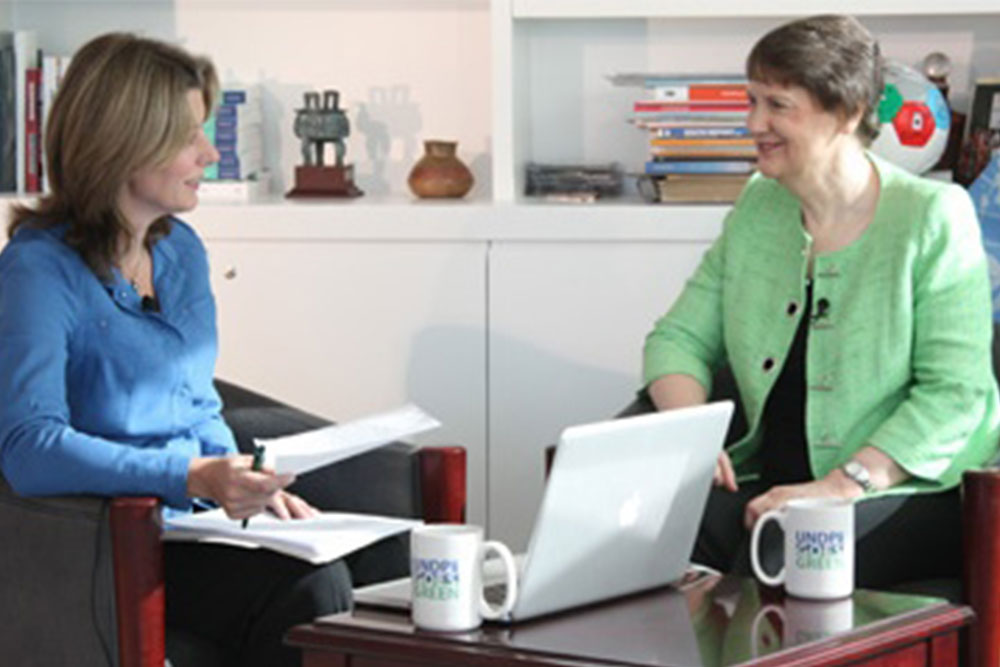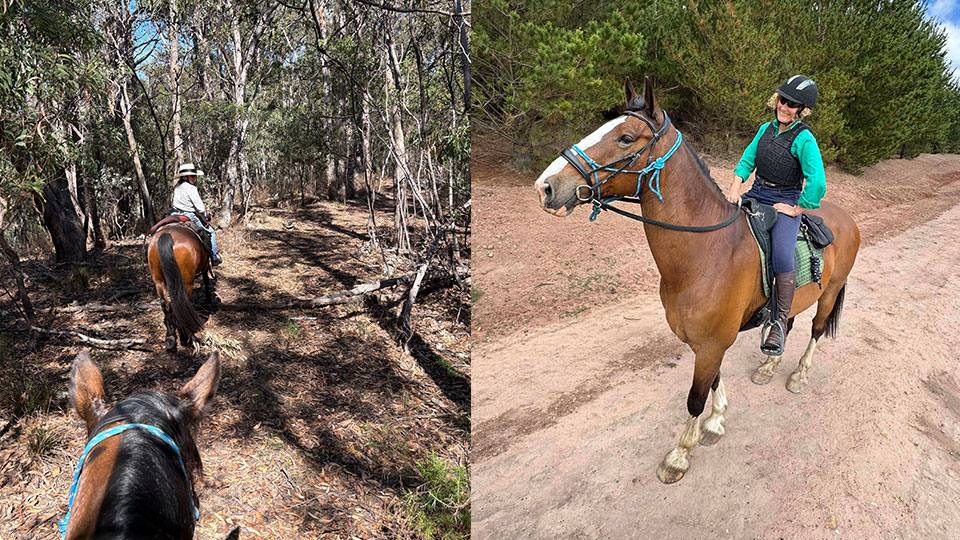
Recently after giving a keynote presentation on ‘Cut Through Communication’, I was asked this question:
‘The Dalai Lama* says that the world will be saved by Western Women. How do we encourage women to communicate?’
Great question! And so many dimensions to a possible answer – confidence, shedding fear, power, skills, talent…
I chose to answer specifically thinking about the communication insights I had shared that morning – practical ways to increase the power of your communication (and your leadership) immediately.
Help women – all leaders actually – to communicate confidently and powerfully by skilling them to:
Navigate to the outcome
Be clear in advance on what you want from a communication exchange, and let that guide you. Stephen Covey, author of ‘The 7 Habits of Highly Effective People’ describes this as ‘begin with the end in mind’.
Focus in what’s wanted
Communicate what you want, to get what you want. So often we think about and talk about what we don’t want, and that’s where are attention stays. (‘I don’t want them to think I am bossy’. ‘Please don’t spend much time on this task.’)
Trim the hedges
For communication that cuts through, remove hedging phrases such as ‘I guess…’, ‘This may only be how I feel…’, ‘basically’. Hedging makes no contribution to your message and leaves you sounding as if you lack confidence.
Drop ‘sorry’
Women tend to overuse ‘sorry’, reducing their power as communicators. If you do make a mistake, apologise once and then move into solution mode.
Build collaboration by eliminating ‘but’
A conversation peppered with ‘but’ feels more like an argument! The unconscious mind negates anything after the ‘but’. (For example ‘This project has come in on time and on budget. Your performance has been excellent, but I would like to help you with the project closure report.’ What do you hear?)
Cut ‘but ’ from your vocabulary – use ‘and’ instead.
Which one of these five strategies would make the biggest positive difference for your communication?
If you are interested in learning in more on these communication topics, refer to my past blog posts on:
* I have since traced this quote to a presentation delivered by the Dalai Lama in 2009 to the Vancouver Peace Summit.
STAY IN THE LOOP





